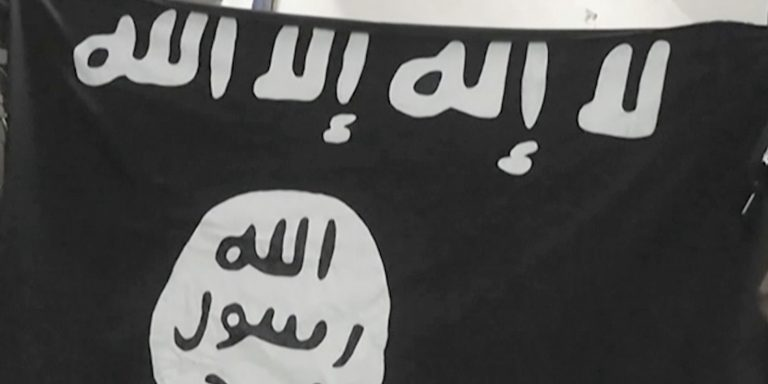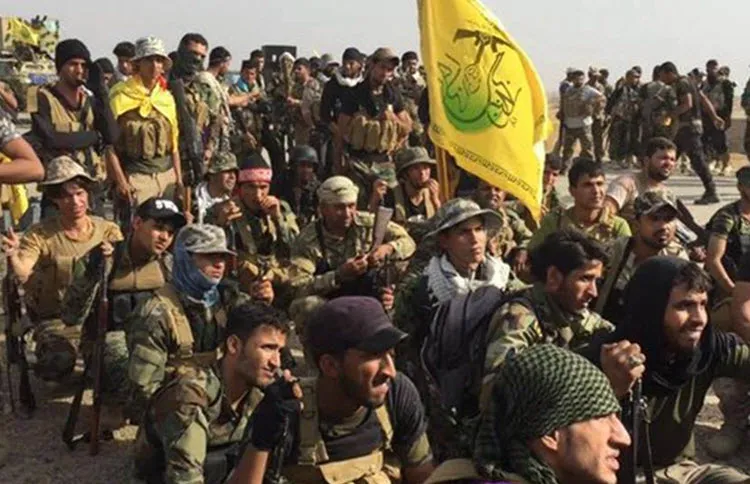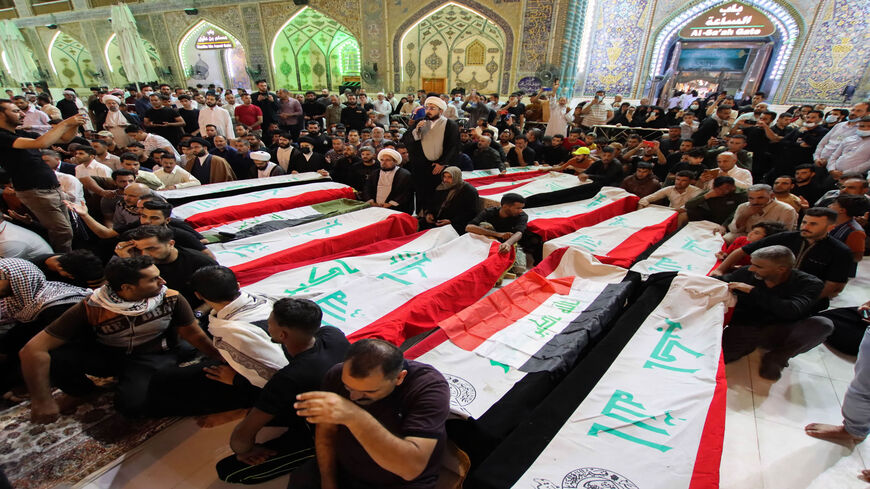The Islamic State is Not Finished in Iraq and Syria

ISIS is slowly regrouping in both Iraq and Syria, forming sleeper cells to launch attacks, while maintaining an effective command-and-control to wage a low-level guerrilla insurgency and mobilize new support.
The Islamic State is able to conduct asymmetric attacks on civilians and security forces, but can also marshal the resources to launch spectacular attacks intended to destabilize the Iraqi government.



